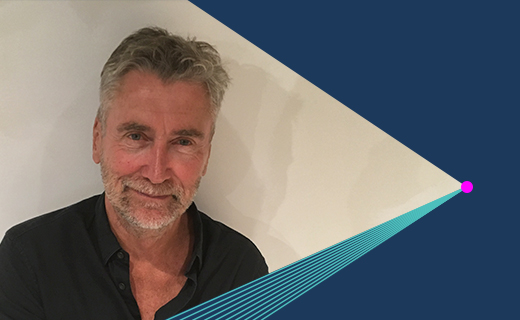
This week, we look back on one of the most
provocative sessions at ADFEST 2018, which was presented by Tim Lindsay, CEO of
D&AD in London.
Lindsay tackled head-on some of the most
contentious issues that our industry is grappling with – from #metoo to the
lack of diversity in ad land.
According to Lindsay, there are four
challenges that our industry must address, starting with recruitment and
retention. “Talented people are turning away from our business. People are
doing more for less: there is more pressure, and more concern for cost over
quality,” he said.
Millennials in particular want to work for
companies with a conscience. In a world of over-consumption, 50% would prefer
to work in a more purposeful environment; 70% believe their employers should
share their personal values. “They’re choosing other sectors in favour of
advertising – and the onus is on agencies to take our message to a wider
audience and explain why they should consider a career in our industry,” said
Lindsay.
The second challenge is the lack of
socio-economic and cultural diversity in ad land.
“For the most part we live in a
demographically middle class universe: 90% of roles are filled by people with
more advantaged backgrounds. It’s much easier to recruit people from universities.
But tuition fees are keeping people who have talent out of our business. The
cost of living in cities also deters people.
“Yet our clients’ audiences are
increasingly diverse. There’s a huge pool of untapped creative talent waiting
to be harnessed – if we don’t, it’s bad for our clients’ businesses. The ad
business is surprisingly conservative; we’re not as accommodating of difference
as we might think. We usually don’t change until we’re asked to – and we are
being asked to.”
D&AD has pioneered a program called
Shift, which it hopes will be copied by organisations all over the world. It’s
a 12-week night school for creative people who don’t have a degree, but might
have what it takes to make it in the business. Of the 55 people who have been
through Shift’s three programs, 32 are now making a living in our business. And
it’s fair to say it’s been a “life-changing experience” for them, says Lindsay.
Next, he tackled challenge #3: the #metoo
movement and the “global backlash against the patriarchy”. In the UK, only 29%
of creative departments are female; only 12% of CDs are female and 8% of agency
leaders in London are female.
“We’ve got used to these figures but we
should be embarrassed. It isn’t just advertising, of course. But given the vast
majority of goods and services are bought by women, the spotlight does shine on
us,” said Lindsay. “This is not just a women’s issue – we blokes have to be
aware that we are complicit.”
Next, he addressed challenge #4: widespread
criticism of award shows in the wake of Publicis’ decision to withdraw entries
from Cannes this year.
“Why do we keep flying the flag for
creativity and craft at D&AD? The simple answer is that good work is worth
standing up for. It’s why you’re here and it’s why D&AD has existed since
1962. We know the best shows curate great work, inspire future generations,
promote innovation and risk taking, set a bar and a standard; educate the
client community – and much, much more.
“The best shows also put their profits back
to the industry, rather than distribute to shareholders and senior executives.
This is how we move our industry forward and equip it for the future,” he
concluded. “Because great ideas, beautifully executed, are worth fighting for.”
* Tim Lindsay’s session took place on 24 March 2018. If you attended ADFEST 2018, you can watch all of this year’s speakers via www.ADFEST.com